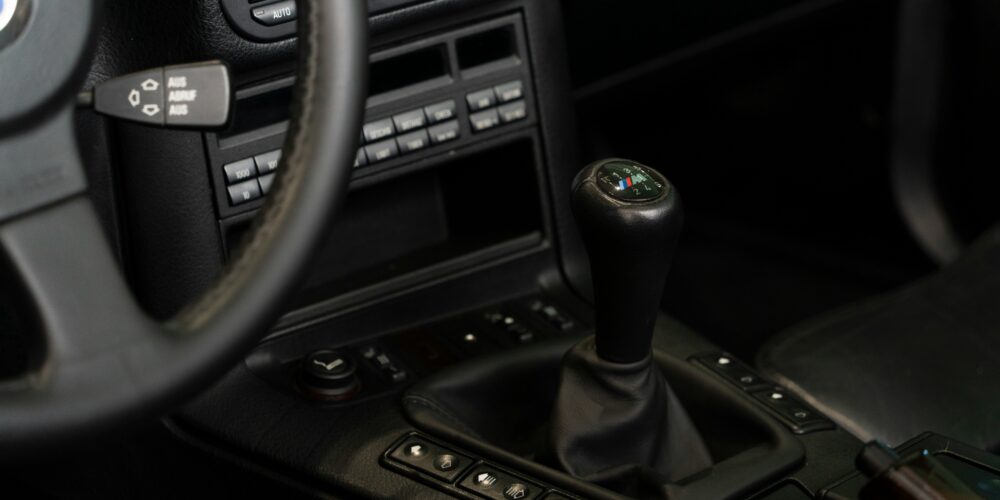In the world of automotive engineering, the gearbox stands as a pivotal component in the proper and efficient functioning of your vehicle. It’s responsible for transmitting power from the engine to the wheels and whether manual, automatic, or continuously variable transmission (CVT), gearboxes play a fundamental role in a vehicle’s performance, efficiency, and driving experience. However, even the most sophisticated gearboxes may require recalibration to optimise their functionality from time to time. Here, we’re delving into gearbox recalibrations, what they entail and when they may become necessary.
Understanding Gearbox Recalibrations
Gearbox recalibrations are the process of adjusting the parameters and settings within the transmission control module (TCM) or electronic control unit (ECU) of a vehicle’s gearbox. These adjustments aim to optimise gear shift timing, shift points, torque converter lockup, and other parameters to enhance performance, fuel efficiency, and overall driving experience.
These days, all new vehicles are equipped with advanced electronic systems that govern gearbox operation and ensure it operates smoothly. These systems analyse vehicle speed, engine load, throttle position and driving conditions to determine the most appropriate gear selection and shift strategy. However, over time, factors such as wear and tear, changes in driving habits, and environmental conditions can impact gearbox performance, making recalibrations necessary to restore optimal functionality.
When Are Gearbox Recalibrations Necessary?
So, recalibrations can certainly help with gearbox function and efficiency, but when are they really necessary? Some of the common situations in which you might need a recalibration include:
- Change in Driving Conditions: Shift patterns and gear selection optimised for city driving may not be suitable for motorway driving or towing heavy loads. Recalibrations can tailor gearbox behaviour to suit specific driving conditions, ensuring optimal performance and efficiency.
- Upgrades and Modifications: Aftermarket modifications such as engine tuning, performance enhancements, or changes in tyre size can affect gearbox behaviour. Recalibrations help adapt the gearbox to accommodate these modifications and maximise their benefits.
- Addressing Shift Quality Issues: Harsh or delayed shifts, gear hunting, and other shift quality issues may arise due to software glitches, mechanical wear, or suboptimal calibration settings. Recalibrations can resolve these issues, resulting in smoother and more responsive gear changes.
- Fuel Efficiency Optimisation: Adjusting shift points, torque converter lockup, and other parameters can improve fuel efficiency by ensuring the engine operates at its most efficient speed and load range under various driving conditions.
- Enhancing Performance: Recalibrations can unlock hidden performance potential by optimising gear ratios, shift timing, and torque delivery to extract maximum power and acceleration from the engine.
- Preventive Maintenance: Periodic gearbox recalibrations as part of routine maintenance help maintain gearbox health and prevent potential issues from developing over time. Regular recalibrations ensure that the gearbox operates at peak efficiency and performance levels throughout its service life.
In conclusion, gearbox recalibrations serve as a valuable tool for optimising gearbox performance, efficiency, and drivability in modern vehicles. Whether addressing specific issues, adapting to changes in driving conditions, or unlocking hidden performance potential, recalibrations play a crucial role in ensuring that the gearbox operates at its best. By understanding the significance of recalibrations and recognising the situations where they become necessary, vehicle owners can proactively maintain and enhance the performance of their vehicles’ gearboxes, resulting in a smoother, more efficient, and enjoyable driving experience.
Get in touch with our team for more information about how we can help you with your recalibration to get your vehicle up to top working condition, today.

